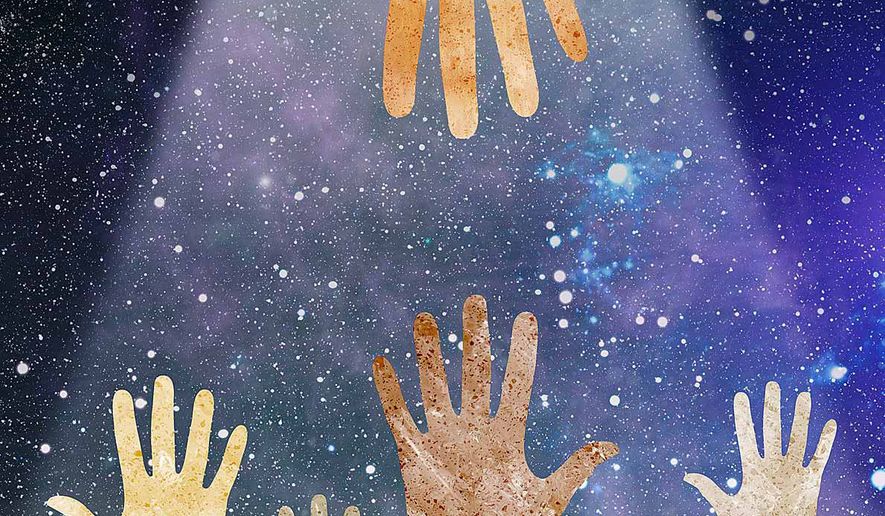OPINION:
As an engineer, I have always been fascinated with the mechanics of how things operate. If one component of a process malfunctions, it can break down an entire system. Our brain and body work much the same.
Over the past few years, I have learned how generational trauma fundamentally alters brain processes and development. Trauma is the adverse response that individuals — especially young people — suffer when subjected to events like parental divorce, incarceration or death; violence at home or in their neighborhood; or living with individuals experiencing economic hardship, mental illness or substance abuse. Science has shown that neurological trauma can trigger a host of hormonal reactions. Left untreated, this can cause significant health problems. Knowing this has motivated me to be part of the solution.
The idea that Milwaukee, Wisconsin, needed a collaborative effort to address trauma became apparent to me in late 2017. At a community forum hosted by Marquette University, a panel of experts spoke about how the root cause of the most pressing challenges facing Milwaukee — health disparities, violence, poverty — was generational trauma. Unfortunately, efforts to address these issues were siloed and disconnected.
Following the forum, my wife, Amy — president of a local mental health nonprofit — and I invited everyone at the forum to discuss ways that we could address generational trauma in Milwaukee. That evolved into regular meetings to share ideas and coordinate strategies related to trauma-informed care and healing. This collective effort is known as Scaling Wellness in Milwaukee (SWIM), and now includes more than 600 individuals from more than 140 organizations. Even though SWIM is less than a year old, there are several things we have learned that could help other cities struggling with some of the same issues.
Addressing social determinants of health
First and foremost, we must address social determinants of health. If people are homeless, chronically hungry or do not have access to quality education, nothing else matters. We need to focus first on disparity and equity before people can begin to look at healing.
Increasing awareness about trauma’s impacts
Most individuals do not realize how trauma can impact both their own and their children’s health now and in future generations. SWIM has helped shine a spotlight on trauma in Milwaukee. Awareness is the first step to creating lasting change.
Building resiliency, starting with education
Many expecting and current parents were mistreated as children themselves and may lack secure attachments with their parents. Amy recently trained to be a Circle of Security Parenting facilitator. COS-P brings parents together to learn about attachment parenting. It also builds reflective capacity. The most resilient people are those who have experienced adversity but also are reflective. Approaches such as COS-P can open the door for people to explore a new perspective on trauma.
Partnering to create change in policy
Many organizations are interested in creating a collective partnership to lobby for policy changes related to trauma and mental health. This is necessary to increase access to resources for all.
Getting creative to increase access to health care
SWIM’s latest project is a mobile healing clinic that we hope will be funded in part by Ronald McDonald House Charities. This mobile primary care clinic will have resources to care for the whole person in areas of the city that do not have access.
Bringing people together
In fall 2018, SWIM worked with SaintA, a human services agency in Milwaukee, to organize a conference that featured some of the top trauma researchers and practitioners from across the country. More than 1,200 professionals participated in two days of keynote speeches and breakout sessions, sparking conversations that would never have occurred otherwise.
Trauma happens in all ZIP codes, but there are large disparities in access to resources. Amy and I do this work because we experienced adversity as children but we had access to resources that could help. It is our duty as leaders of a Catholic, Jesuit university to serve others and promote healing for all people. I am hopeful that other cities around the country will increase their conversations on the impacts of trauma and how systems can be changed to promote healing and growth.
• Michael R. Lovell is the 24th president of Marquette University and the university’s first lay president.




Please read our comment policy before commenting.